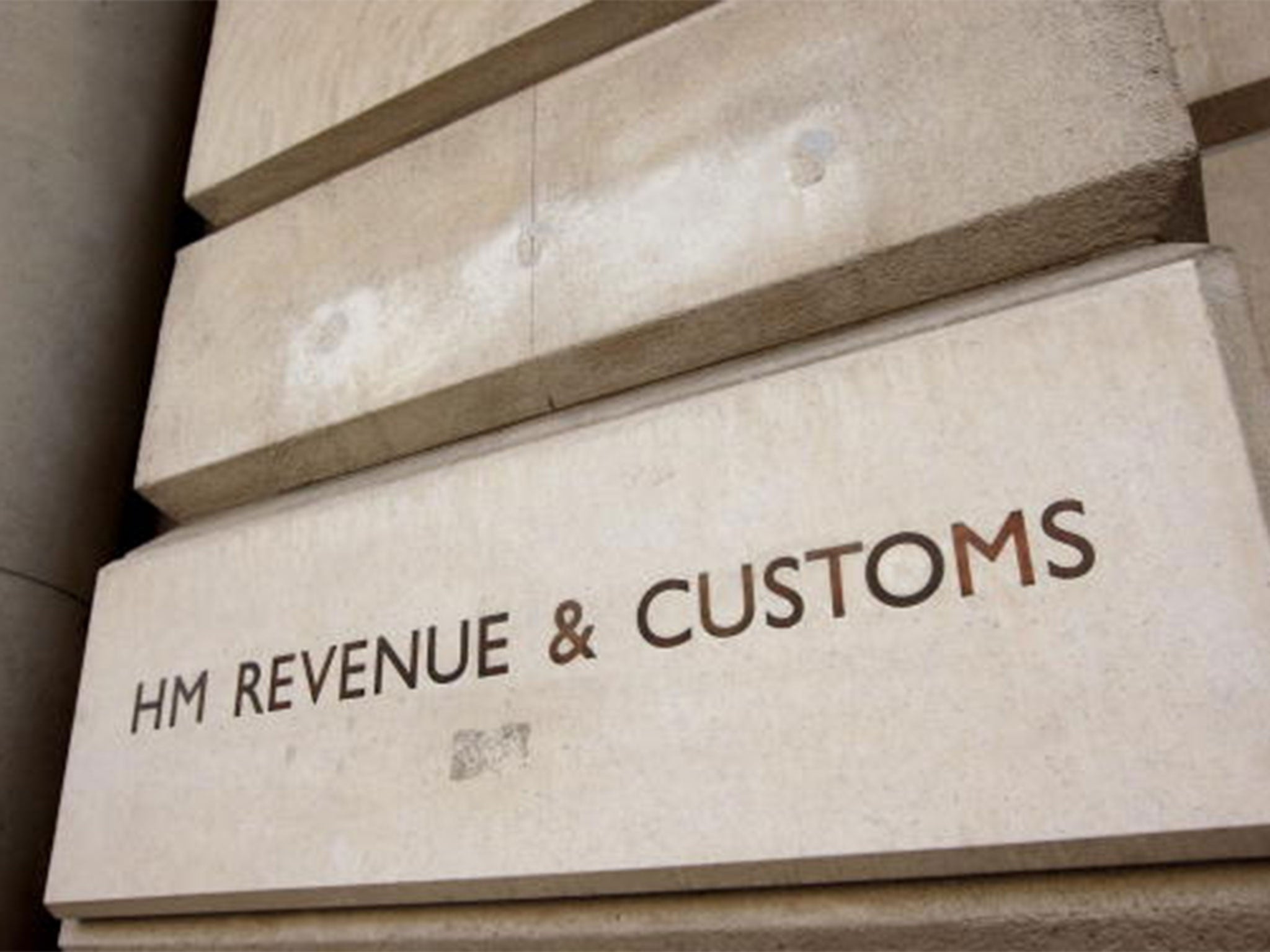Taxpayers lost billions to fraud thanks to ‘astonishing’ lack of pandemic planning, MPs say
Hastily assembled measures may have caused huge losses, says Public Accounts Committee

Billions of pounds of taxpayers’ money may have been lost to fraud thanks to an “astonishing” lack of planning for the economic fallout from a pandemic, MPs have said.
The Commons Public Accounts Committee said hastily designed loan schemes and job-support measures allowed fraudsters to take advantage of weaknesses and resulted in higher rates of error than if the government had been more prepared.
HMRC has also been forced to move staff from normal tax-collecting roles to coronavirus-related work, meaning billions of pounds’ more tax than normal may have been dodged, the committee’s report said.
By mid-August, HMRC estimated that it had paid out £3.5bn in fraudulent or erroneous furlough scheme claims.
The National Audit Office (NAO) said last week, quoting government figures, that as much as £26bn of the money lent to small businesses under the bounce back loan scheme may never be paid back. A substantial proportion of that money is thought to have been obtained fraudulently.
Committee chairwoman Meg Hillier said the government should have been better prepared because a pandemic has been top of the national risk register for several years.
“Our finding of the astonishing lack of economic planning for a pandemic shows how the unacceptable room for fraud against taxpayers was allowed into the government’s hastily drawn up economic support schemes,” she said.
“I would like to see the government publish a list of the companies which received furlough money.
“Where taxpayers’ money is being used, transparency should be a given. HMRC must act now to minimise fraud and error and ensure that taxpayers do not pay time and time again in the years to come.”
Ms Hillier said that HMRC needed to take action to minimise the loss to the taxpayer through fraud and error.
The committee also called on HMRC to give a more honest picture of the “tax gap” - between tax that should be paid on the UK’s economic activity and the tax actually collected. The difference is caused by deliberate evasion and accidental error.
HMRC estimated the tax gap to be £31bn in 2018-19. However, the committee pointed out that this figure has a wide margin of error and said HMRC should not be quoting it without explaining its limitations.
Significantly, HMRC does not include sophisticated and undesirable “tax planning” by the wealthy and large businesses in its estimates of the tax gap. Legal avoidance methods are thought to cost the public purse billions of pounds each year.
On the narrower definition of the tax gap, looking at illegal tax evasion only, small businesses are thought to be responsible for more than 40 per cent of the total figure and large business 17 per cent.
Wealthy taxpayers earning more than £200,000 a year, or holding assets of more than £2m, account for 6 per cent of the tax gap.
Join our commenting forum
Join thought-provoking conversations, follow other Independent readers and see their replies
Comments
Bookmark popover
Removed from bookmarks